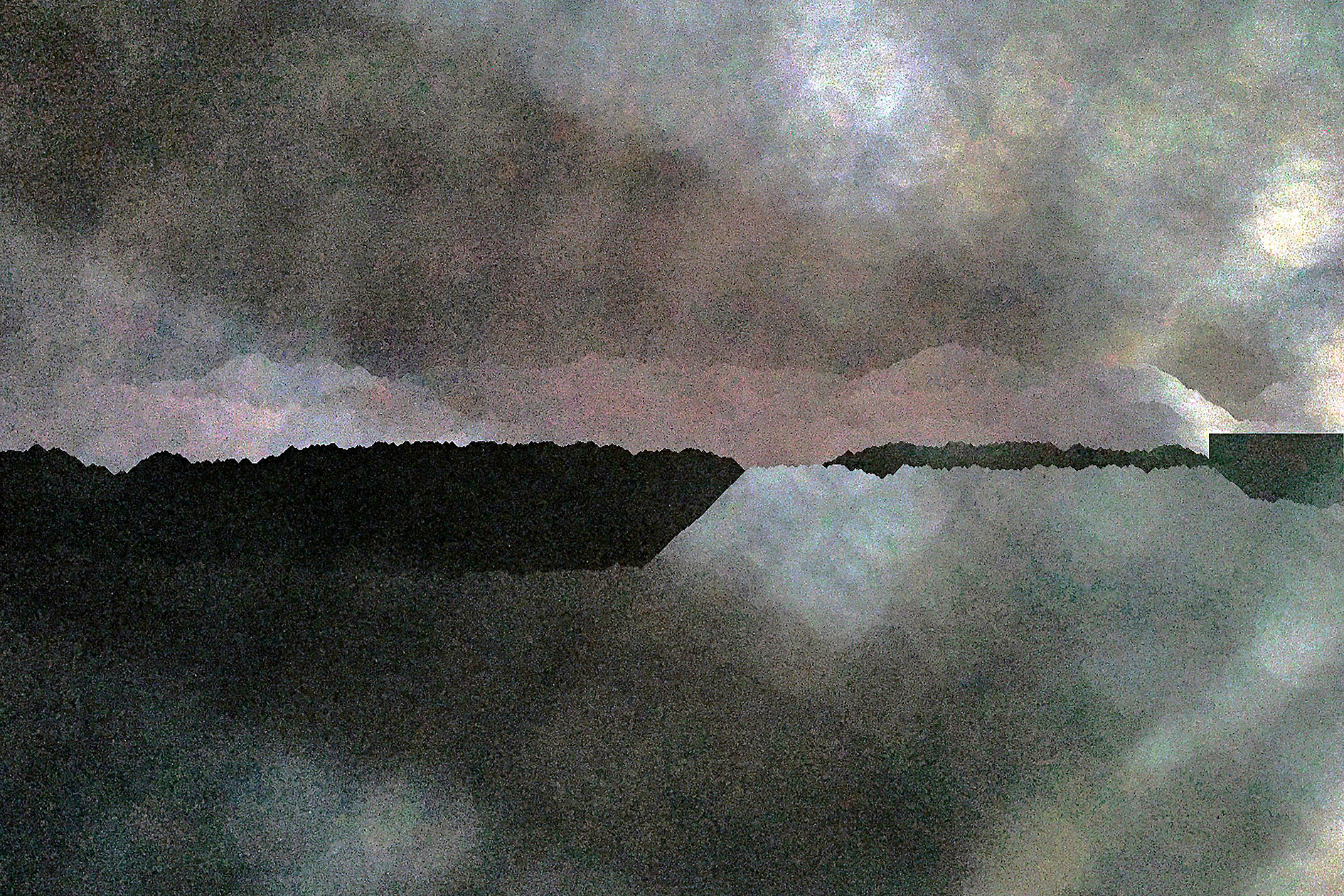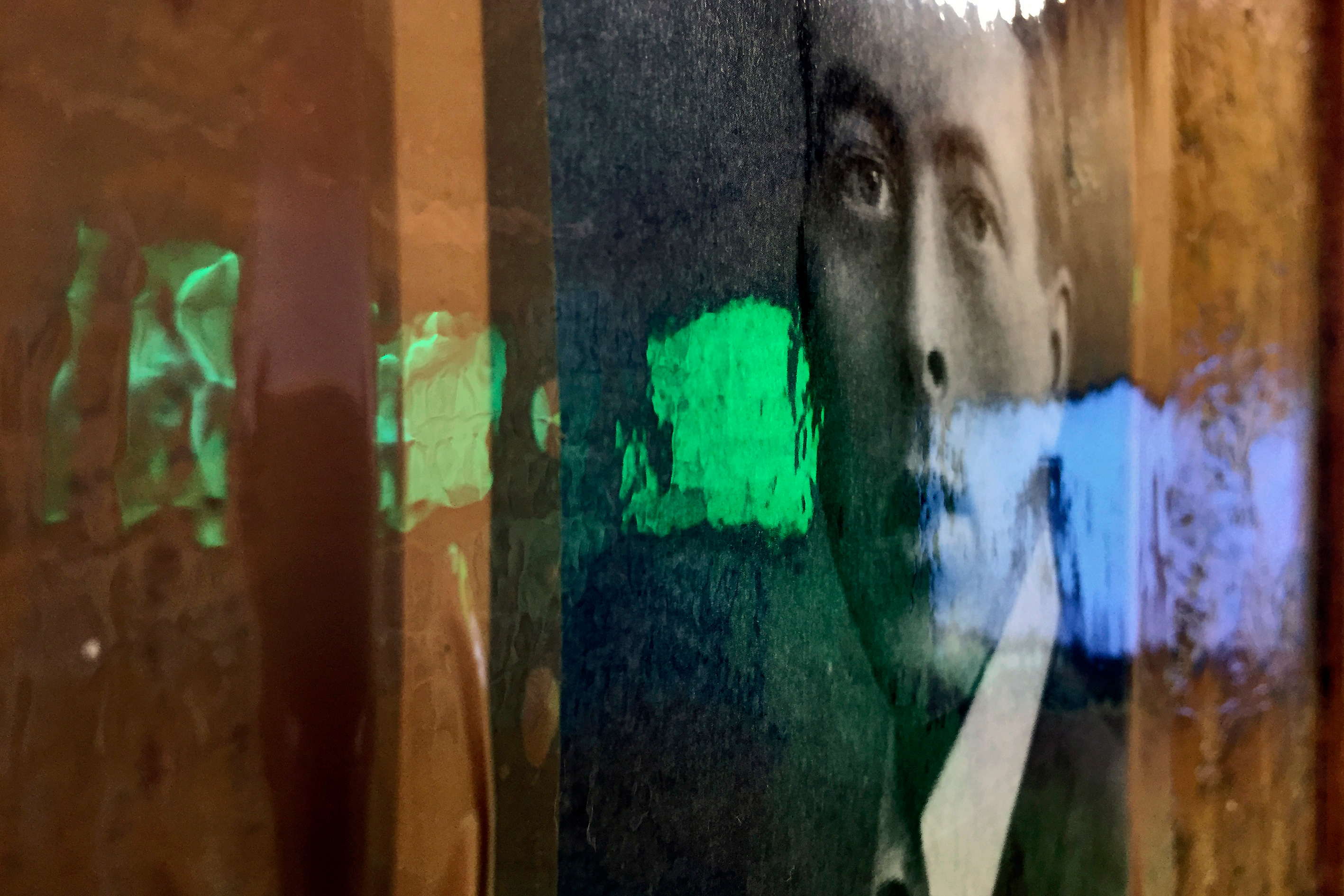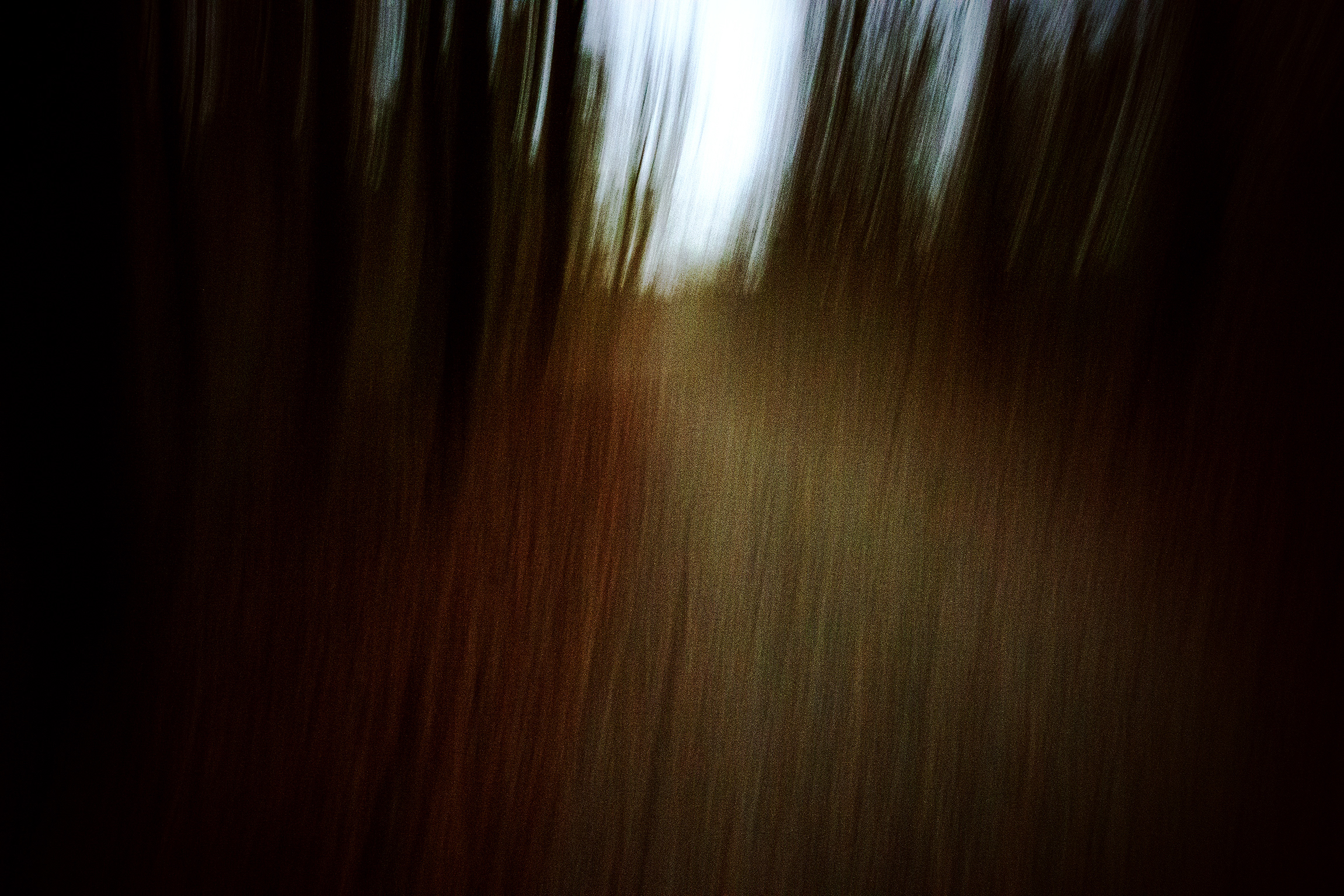VIATOR 4:
READY FOR A WALK (2020)
„(...) We should go forth on the shortest walk, perchance, in the spirit of undying adventure, never to return, - prepared to send back our embalmed hearts only as relics to our desolate kingdoms. If you are ready to leave father and mother, and brother and sister, and wife and child and friends, and never see them again, - if you have paid your debts, and made your will, and settled all your affairs, and are a free man; then you are ready for a walk.
(...)
I think that I cannot preserve my health and spirits, unless I spend four hours a day at least - and it is commonly more than that - sauntering through the woods and over the hills and fields, absolutely free from all worldly engagements. (...)
We go eastward to realize history and study the works of art and literature (...); we go westward as into the future, with a spirit of enterprise and adventure. (...)
(...) It is not indifferent to us which way we walk. There is a right way; but we are very liable from heedlessness and stupidity to take the wrong one. (...)“
Henry David Thoreau spent his whole life in Concord, Massachusetts (east coast of the United States of America). In his essay he associates the 'East' with origin and history, but the 'West' with the departure into an adventurous future. He establishes these connections as an American and as a descendant of European migrants who once - voluntarily or by necessity - turned their backs on the 'Old World' and headed west in search of a 'New World'.
This idea (of searching a ‚New World‘) was deeply rooted in the experiences that emigrants had made in (still feudal) European societies, and which were often the main reason for moving west.
Turning your back on something can also be the expression of wanting to forget or suppress a subject. Americans with European roots often still have this perspective today: the idea of a bright future that is associated with new beginnings and progress in the outside world. By imagining the future like this, they turn their backs on the past and rarely look over their shoulders to their origins, least of all to Europe. But they also hardly look into the gloomy corners of their own history, in which, for example, the forgotten collateral damages of the conquest of the 'Wild West' is hidden - the destructive taming of 'hostile' nature, the extermination of the native population...
Thoreau was an attentive observer of his world - of nature and people, of society and of himself, and he was a free spirit who, in precisely describing what he saw and thought, was well aware of the European cultural heritage that was at work within him.
Every walk holds the possibility of becoming a journey inward and of having experiences that change life:
"(...)
Every sunset which I witness inspires me with the desire to go to a West as distant and as fair as that into which the sun goes down. He appears to migrate westward daily, and tempt us to follow him. (...)
(...)
So we saunter toward the Holy Land, till one day the sun shall shine more brightly than ever he has done, shall perchance shine into our minds and hearts, and light up our whole lives with a great awakening light, as warm and serene and golden as on a bank-side in Autumn.“
Quotes from: Walking
(A lecture, delivered by Henry David Thoreau in 1851, published as an essay only after his death in 1862)
© Fredi Hüberli


